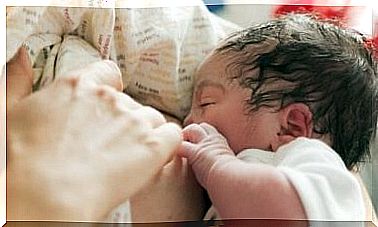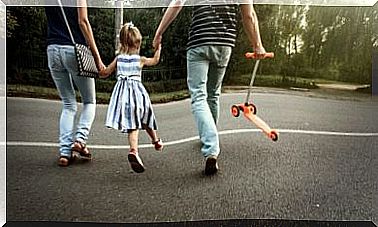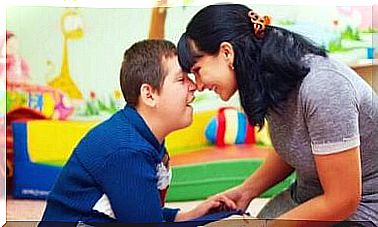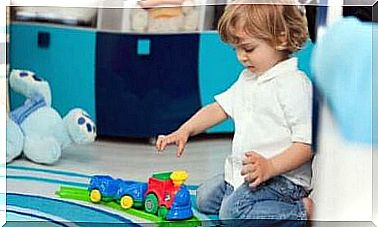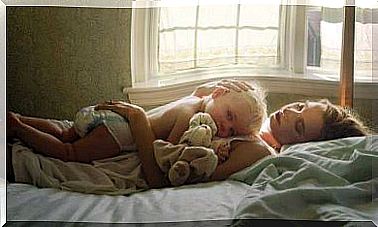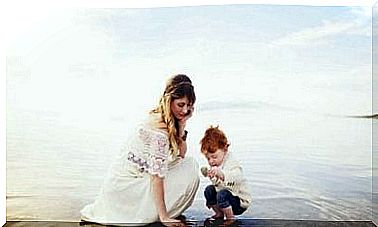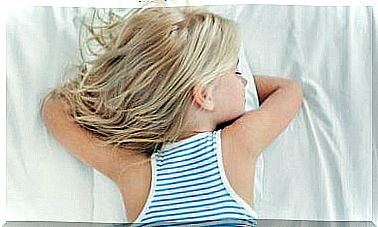Do Babies Dream Too?
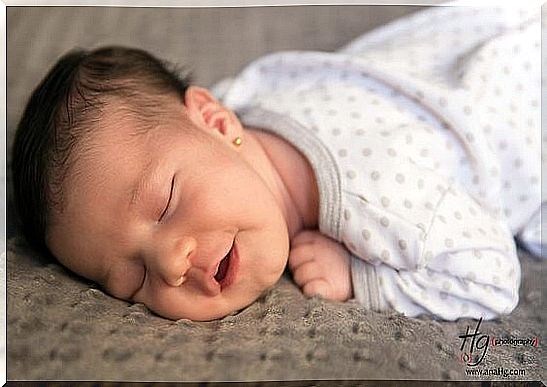
You’ve probably wondered if babies dream too. Yes, yes! It was possible to learn about the fascinating dream world of babies through a study with electroencephalogram. Learn more about the subject.
Although it has been found that babies also dream, of course it is impossible for any parent to know the content of their dreams even if they feel very curious. They dream, but with what? Do your dreams relate to your experiences of the day? Discover everything in this article!
Babies also dream… but with what?
Dreams are mental manifestations of images, sounds, thoughts and sensations that generally relate to the reality of the sleeping individual. While many adults forget their dreams, most tend to dream nightly. Does the same thing happen to babies? What do the little ones dream about?
A person does not disconnect while sleeping. That is, it is not completely inactive during the sleep state. On the contrary , when sleeping, the brain produces a consistent work in assimilating and relating information received throughout the day.
Just as adults dream about their personal experiences and express their desires, babies also dream about their own experiences. Furthermore, through the dream world, children can elaborate and develop emotional and sensory experiences.
Newborn dreams
Some researches claim that babies start dreaming when they sleep inside the mother’s womb. As part of intrauterine life, they are stimulated by sounds and lights coming from the outside, offering these vital little experiences.
Studies carried out on this subject were able to prove that fetuses with seven months of gestation – and even the youngest – can produce dreams in the sleep phase called REM (an acronym for “rapid eye movement”), in which they are presented sensitive recreations.
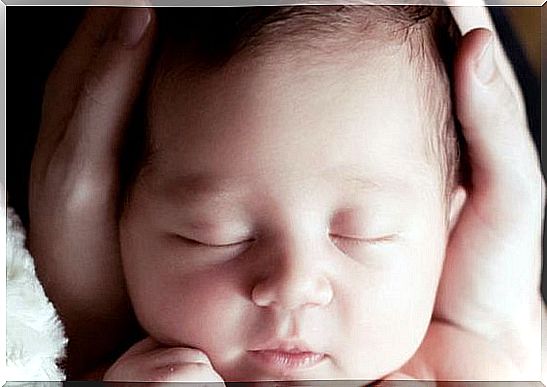
Along the same lines, other scholars also argue that babies dream. One of them is Charles Pollak, director of the Sleep Medicine Center at Weill Cornell Hospital (New York), who confirmed that newborns experience this REM phase, but also adding emotions.
During this state where the eyes move together, side to side and top to bottom, that’s when most dreams come about. This can be seen just by looking at the child as he tries to rest. However, the doctor says it is impossible to know what children dream of.
“We assume that children dream about childish things, but we don’t really know which ones. We can’t go any further,” says Pollak. He also argues that newborns spend more time at this stage than adults. Thus, they end up performing great brain activity.
Feelings or experiences?
Based on the research carried out, experts believe that newborns especially dream of sensations. This includes textures, smells, the taste of breast milk, the heat of a bath or the cold felt when changing clothes, among other things.
However, although these dreams seem basic and distorted at first, they begin to enrich as the baby grows. When the child is about 18 months old, it is already possible to make a real approximation of the content of their dream world, since in some cases they can tell what they dream.
Anyway, everything is still very imprecise. At this age, children still have difficulties in differentiating the reality from the dream, as this is lived as another daily experience. In fact, they often mix up the dream stories with the events of the day.
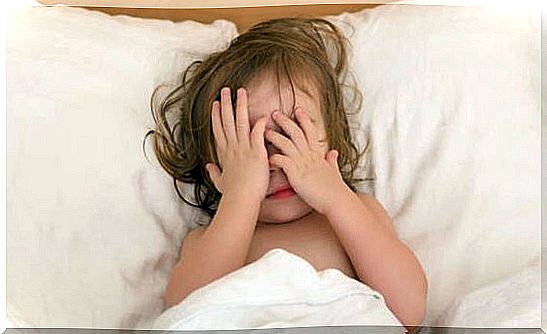
It is only over time that she will be able to separate the dream from reality, leaving behind those dreams marked by simple and short images and situations. At approximately 3 years of age, the child begins to have more elaborate and meaningful dreams, even managing to recognize himself as a character.
Do babies have nightmares?
Babies don’t have nightmares. Nightmares begin to appear around the third year of a child’s life when their anxieties begin to manifest themselves. Generally, these nightmares are related to darkness, monsters, fear of abandonment, fear of getting lost, etc.
Often this type of dream makes the little one wake up more excited when remembering those distressing situations experienced while he was sleeping. He’ll remember this more vividly than any other pleasant, peaceful dream he’s had before.
From the age of five, your child will begin to see himself as a spectator to his dream, not just an actor. Little by little your dreams will acquire new sensations, emotions and language.
Anyway, dreaming is a way to rest and learn. It is time to give free rein to your imagination. Don’t worry if you see your child’s little eyes move quickly or if he makes faces. Just let him dream a lot!

